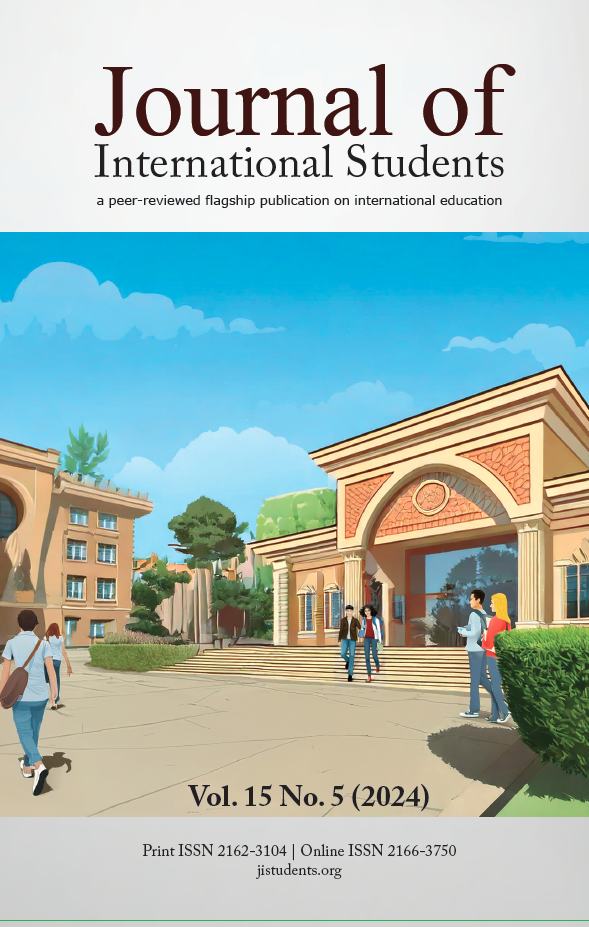Latin American university exchange students’ experiences of intercultural sensitivity development
The role of emotions
DOI:
https://doi.org/10.32674/pm1f2v34Keywords:
intercultural competence, intercultural sensitivity, study abroad, global citizens, Higher EducationAbstract
We studied the affective component of intercultural competence: intercultural sensitivity. Specifically, this mixed methods study will be used to understand how Latin American students experienced their experience studying abroad in the UK, including what and how they learned and changed. The study explores the relationships between intercultural sensitivity and experiences of intercultural contact to predict the variables that impact its development. This study contributes to our understanding of the phenomenon of learning abroad, particularly in the context of UK higher education. Results suggest that emotions are key to the experience of studying abroad, both positive and negative, and these impact the ways that one learns about oneself and about others and one's ability to reflect on one’s own culture as well as being open to a new culture.
Downloads
Published
Issue
Section
Categories
License
Copyright (c) 2024 Journal of International Students

This work is licensed under a Creative Commons Attribution-NonCommercial-NoDerivatives 4.0 International License.
All published articles are licensed under a Creative Commons Attribution-NonCommercial-NoDerivs 4.0 Unported License.















